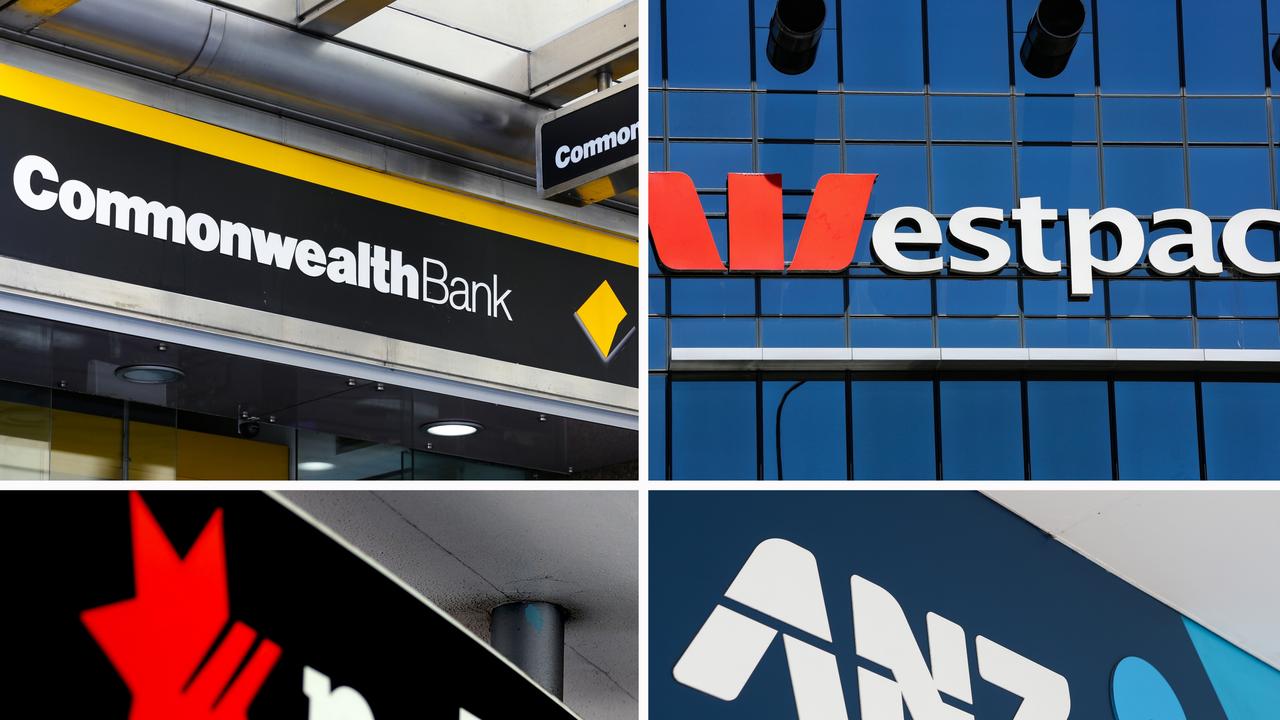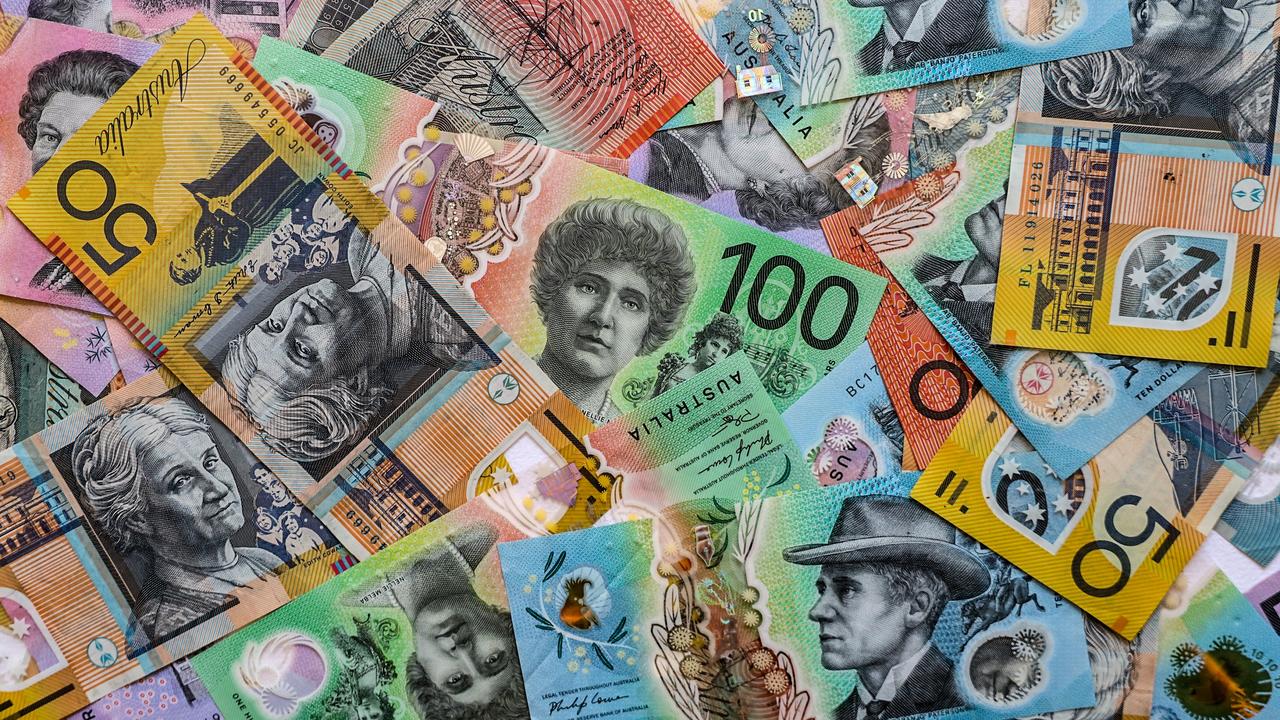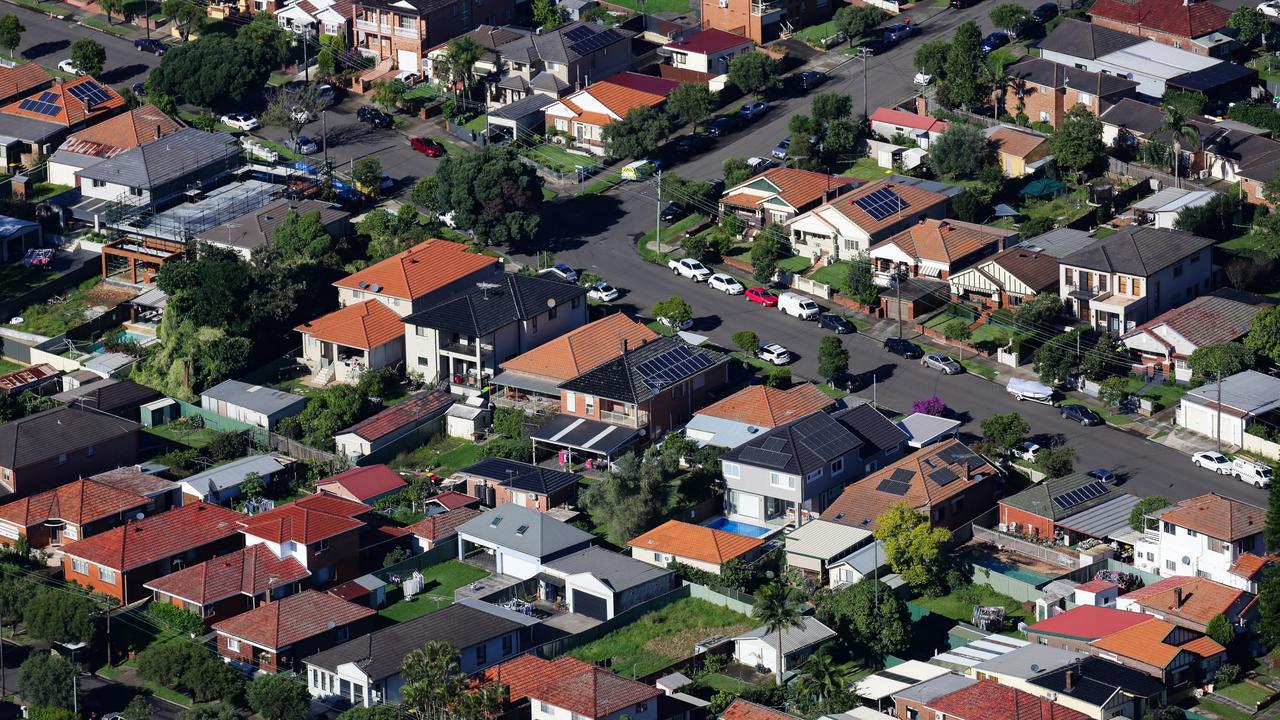Economists, experts divided as RBA meets to decide on interest rates
A financial expert says while an impending rate hike could be unwelcome news, a looming economic slump could be a glimmer of hope.
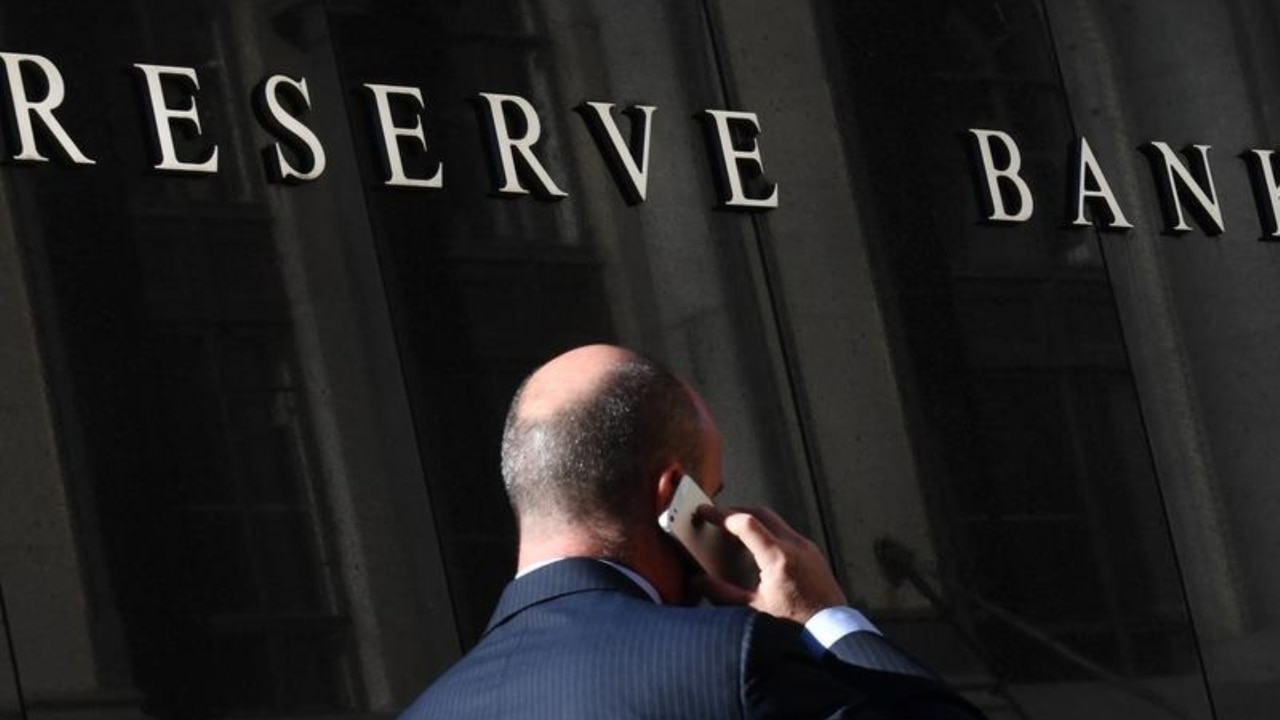
Finance guru Mark Bouris has offered a glimmer of hope to Australian mortgage holders, saying an impending recession would drive interest rates back down soon enough.
The Yellow Brick Road founder, in slamming the Reserve Bank’s persistent rate rise strategy, said Australians should “hang in there” because the hikes would peak in coming months – but not without plunging the country into a recession.
His comments come as a myriad of economic factors have economists split over whether the Reserve Bank will on Tuesday hike interest rate rises for the 13th time since last May.
Inflation is trending downwards on a better than expected trajectory, but with a stronger than anticipated rebound in housing prices and a weakening economy, experts say the bank could go either way.
Mr Bouris said whichever way rates went on Tuesday, the writing was on the wall that the pain would be short-lived. He said the system needed to be revamped with a larger focus on fiscal policy from the government rather than solely the RBA’s monetary decisions.
“One thing is going to happen for sure, we’ll end up in probably a recession, which means the interest rate is going to go down soon,” he told Channel 9.
“So hang in there, whatever you do. Hang in as long as you can.”
He told 2GB that a close reading of the RBA’s recent language on unemployment signalled homeowners could be dealt another blow.
“They’re starting to indicate to us, in writing, that they would like to see (the unemployment rate) around 4.5 per cent. So where we are at the moment is nowhere near 4.5 per cent,” he told 2GB.
“That means we've got to really start to break things and hurt people and hurt businesses so that they start putting people off.”
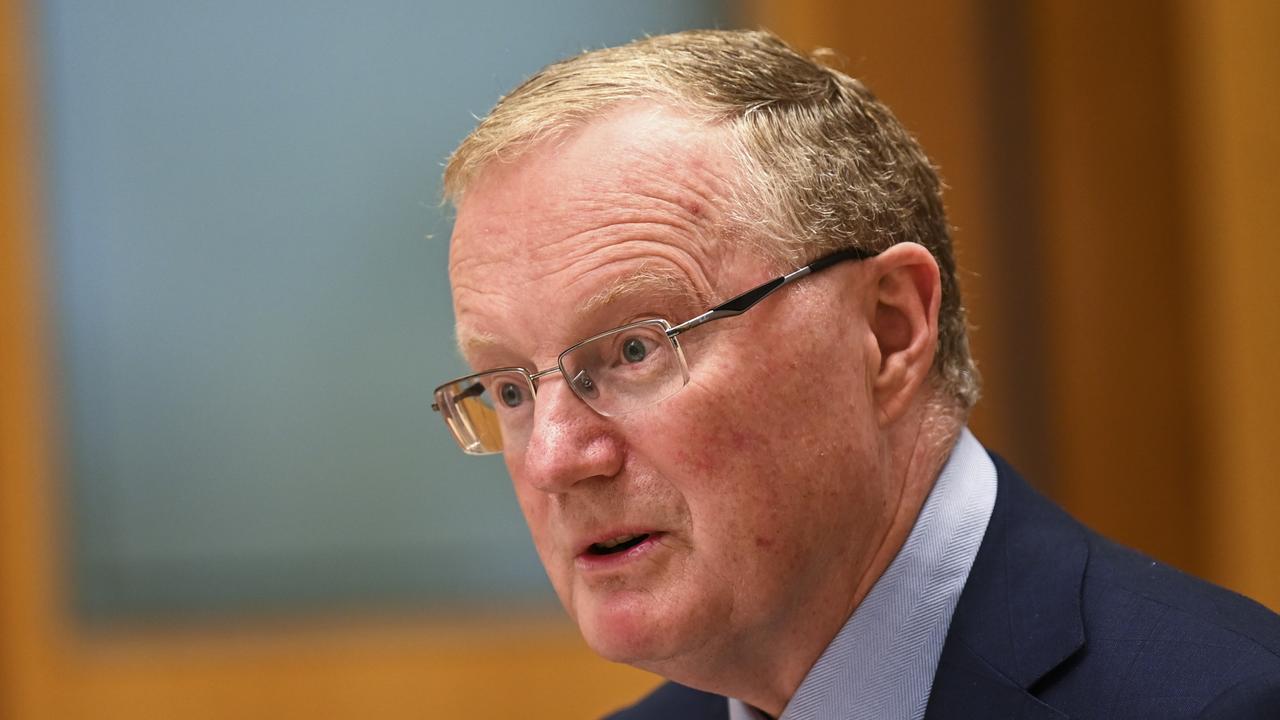
He added he thought central bank boss Philip Lowe didn’t have much of a chance to have his term extended when it ends in September.
“It looks to me as if there is … a difference of opinion between (the Treasurer and Dr Lowe),” he said.
Interest rates are currently at 4.1 per cent. Westpac, NAB and ANZ are all predicting hikes at both Tuesday’s board meeting, and in August, to bring the figure to 4.6 per cent.
The Commonwealth Bank is not expecting a hike on Tuesday, but anticipates there will be a rise in August.
One of the key indicators for the RBA to consider, inflation, slowed significantly to 5.6 per cent in May, down from 6.8 per cent in April – but the figure is still well above the RBA’s inflation target rate of two to three per cent.
Anneke Thompson, chief economist at CreditorWatch, said the RBA would also closely consider consumer spending behaviour and the labour force.
Traders are pricing a 52 per cent chance of a pause, while economists are almost evenly split down the middle, with recent polls conducted for both Finder and Bloomberg finding an almost 50-50 divide on whether the board will hike up rates this month.
The Finder survey, which polled 39 experts and economists, said of the 20 who anticipated an increase, almost all were expecting a rate rise of 25 basis points, bringing it to 4.35 per cent.
Elsewhere, 13 out of 27 economists surveyed by Bloomberg are predicting a cash rate increase of 25 basis points.
Ms Thompson thinks otherwise.
“My view is that the data that came out over June was not definitive enough to warrant a further increase,” she said.

“I think the RBA will be liaising closely with the major retailers and hearing that consumers have pulled right back on discretionary spending, which will give them some comfort that consumption growth will slow right down in retail trade figures in the months ahead.”
The RBA themselves have also hinted that interest rates could continue to increase until unemployment – currently at 3.5 per cent – went up by at least another percentage point.
Deputy governor Michelle Bullock came under fire last month for insinuating the economy would need to shed jobs for interest rates to pause.
Ms Thompson said it was clear that unemployment was still too low and was “helping to fuel inflation”, but that it would take “some time” for the unemployment rate to reach 4.6 per cent.
“By that stage the RBA will have had to well and truly put an end to their tightening cycle,” she said.
“There is a known lag of around 12 to 18 months before cash rate increases show up in figures like unemployment, and the RBA are well aware of this.”
New research from Rate City shows that if rates did increase to 4.6 per cent by August, as three of the big banks are predicting, borrowers will soon be paying 55 per cent more on their minimum monthly repayments than they were last April, when rates were just 0.1 per cent.
Research director Sally Tindall said many borrowers were being stretched to limits “they never thought possible when they signed the dotted line on their mortgage contract”.
“The problem is while many households are already in severe financial stress, others are still spending at the shops or stashing extra cash in the bank. These rate hikes are having markedly different impacts around kitchen tables across the country,” she said.
“If the RBA continues with its determination to do what it takes to tame inflation, then we could see the cash rate rise to 4.35 per cent.
“However, if the Board is looking for a reason to pause, there’s enough in this month’s data to warrant one.
“If you’ve got a mortgage, plan for not just one, but at least two more rate hikes. If the RBA hits the pause button at its July meeting, it is unlikely to signal the end of the hikes.”

